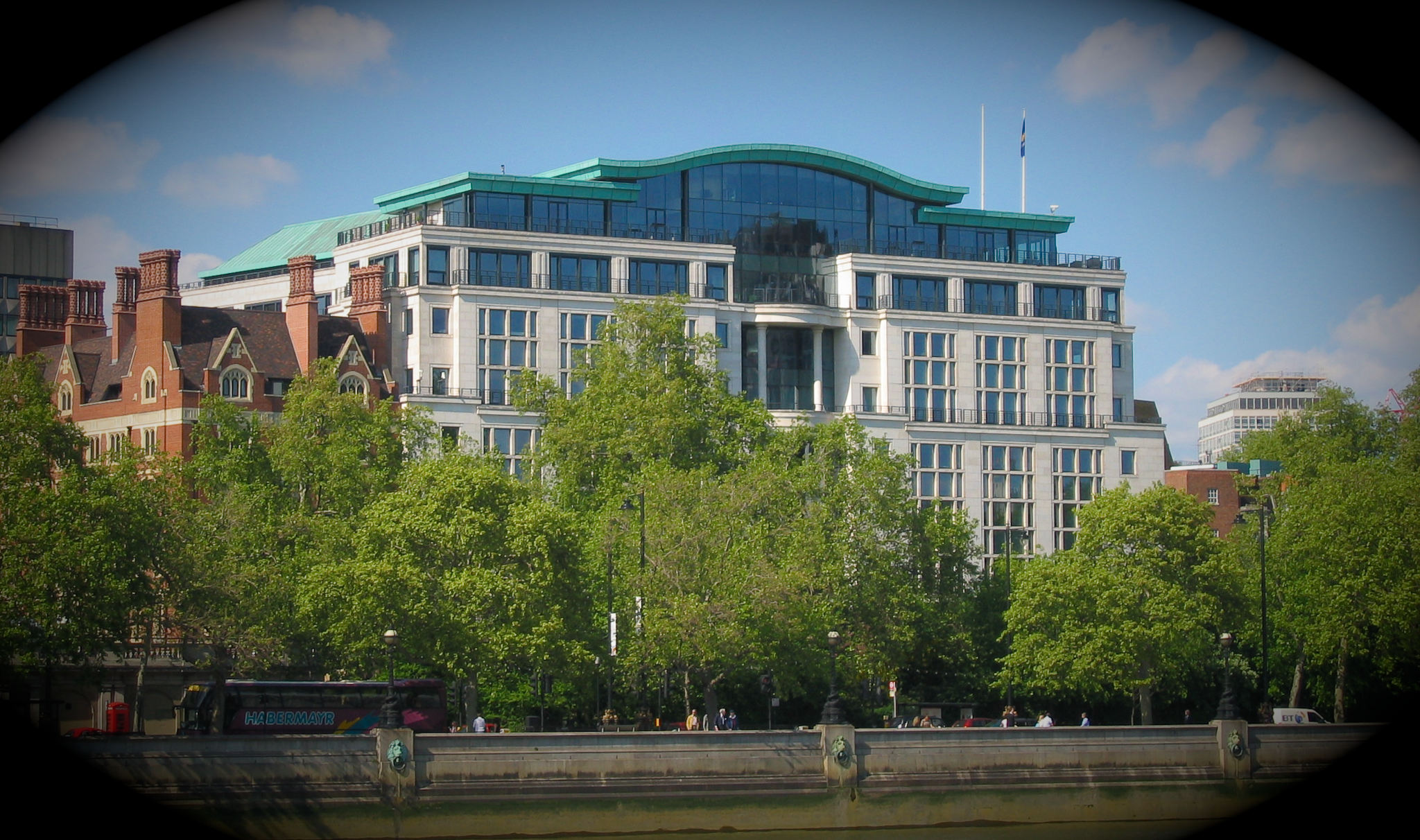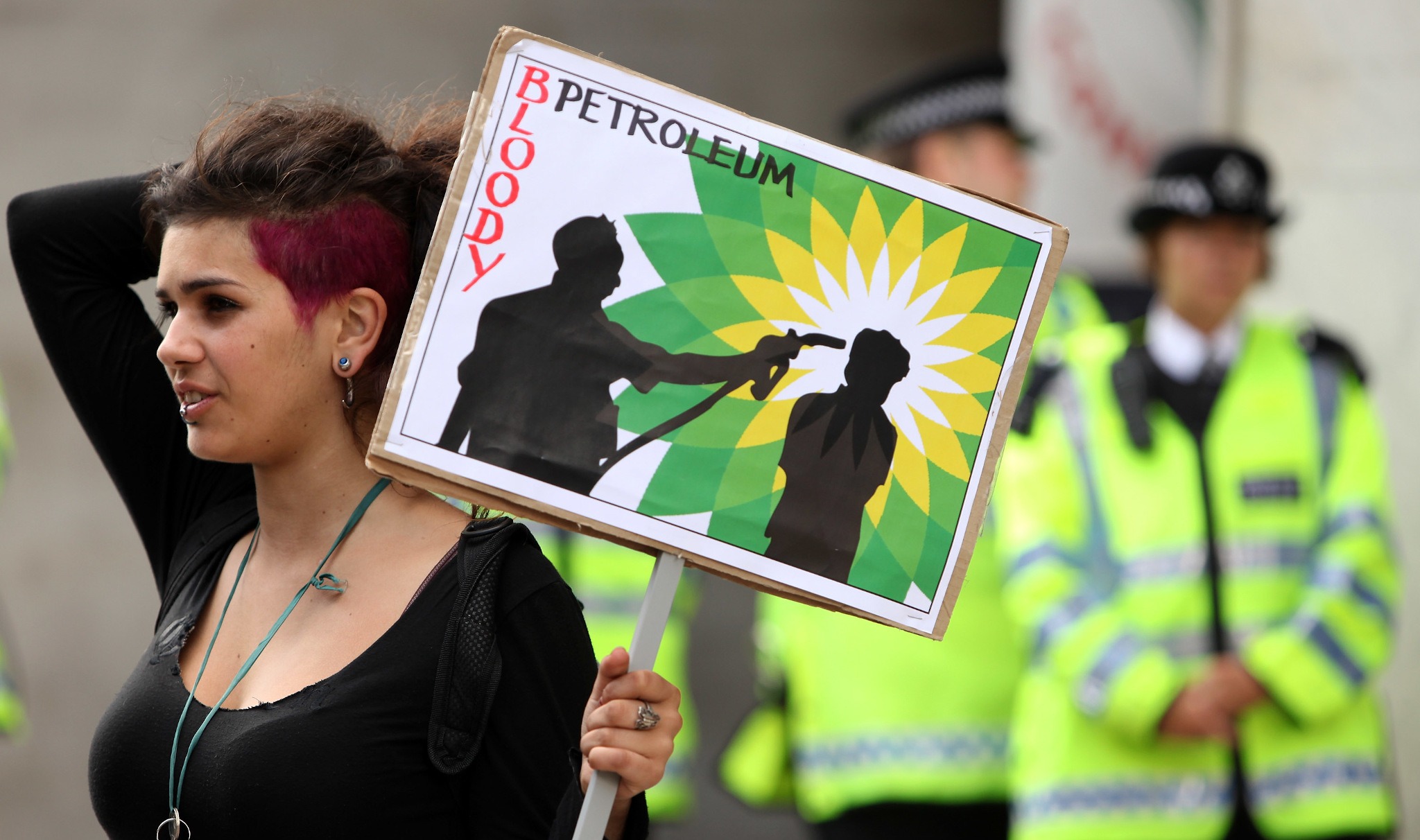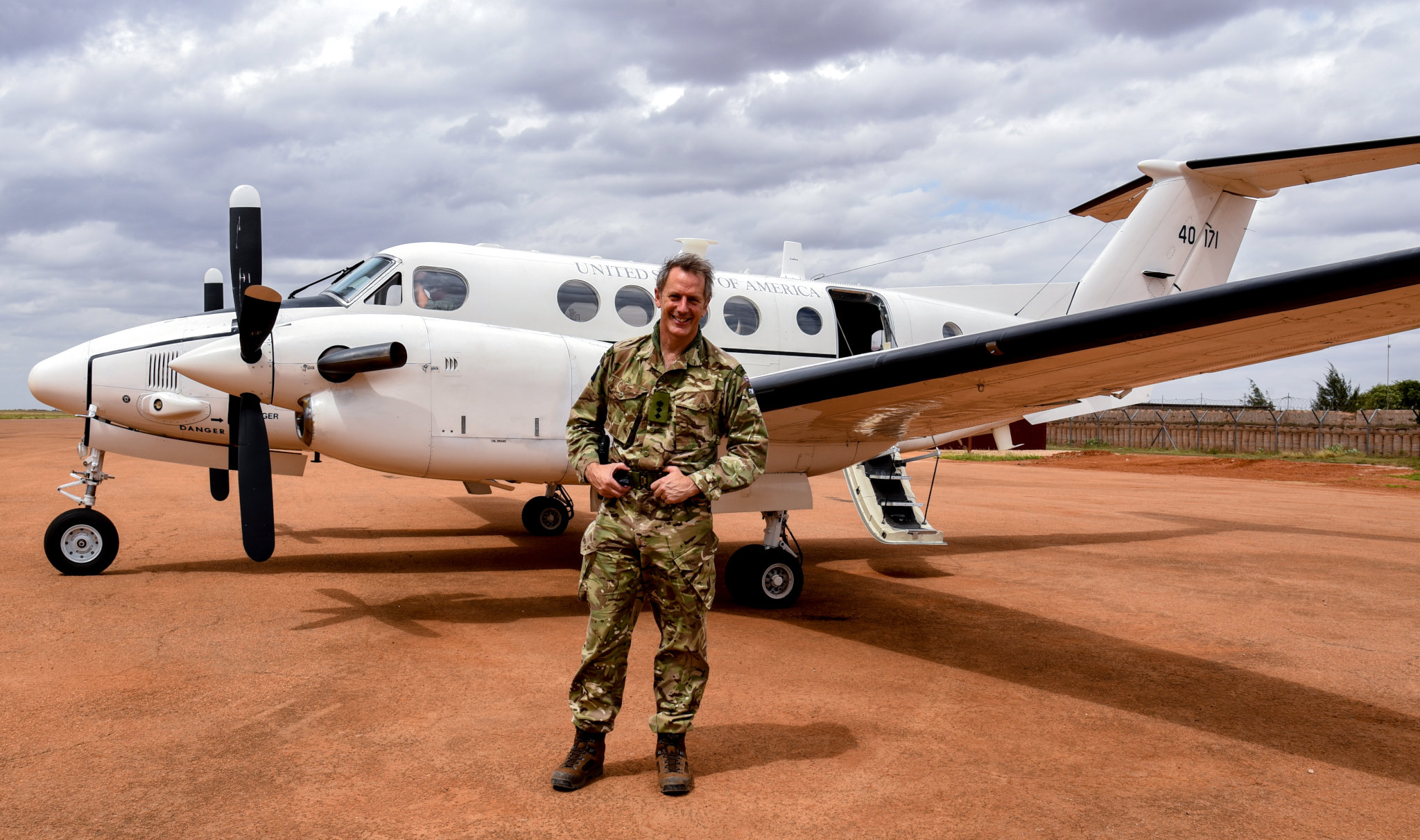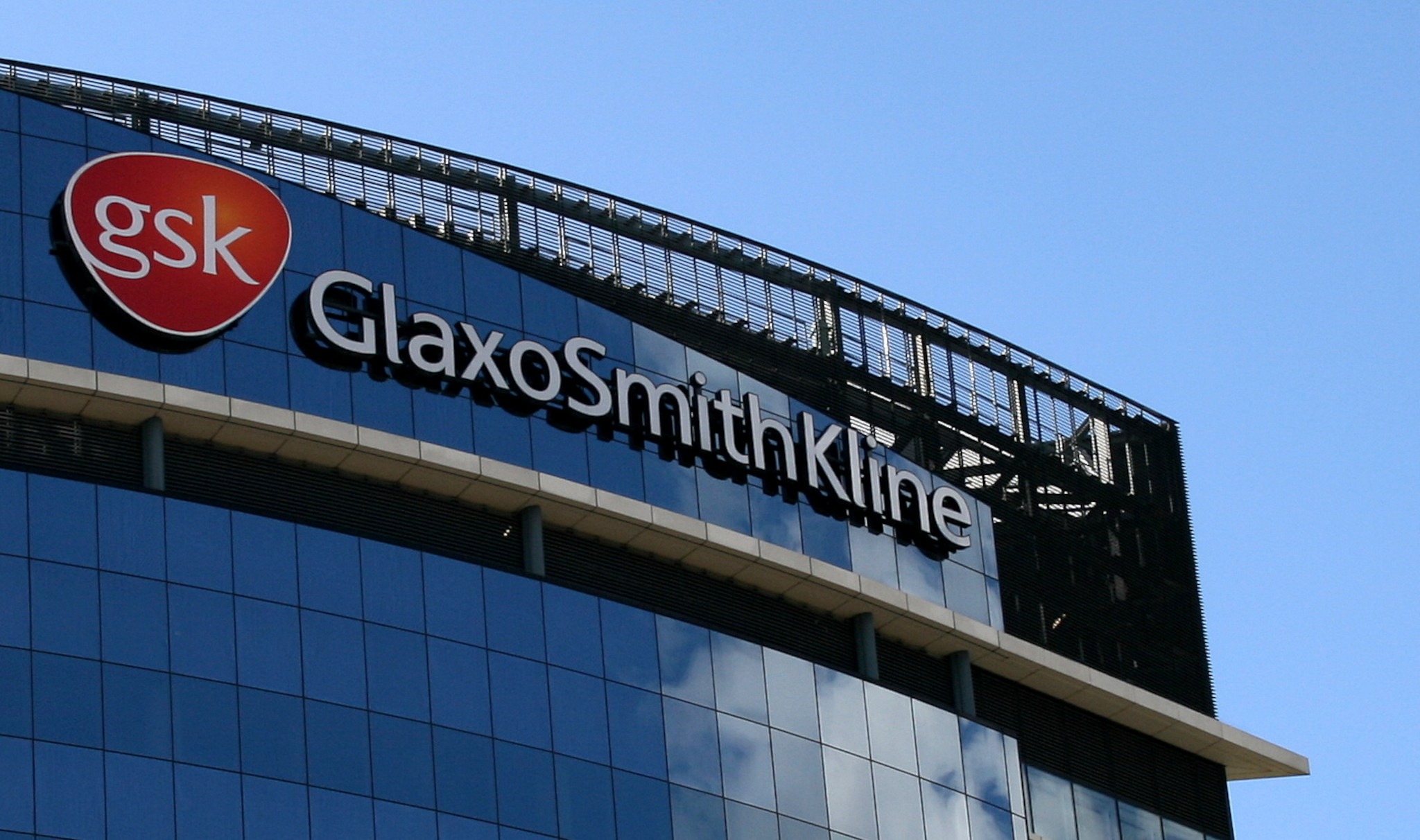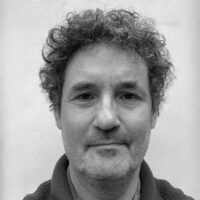At last year’s Conservative party conference, prime minister Rishi Sunak declared the UK government planned to increase, year by year, the legal age of smoking to achieve a “smoke-free generation”.
The announcement gave the impression the prime minister was taking on Big Tobacco.
However, the UK has consistently failed to rein in the activities of Britain’s biggest tobacco company, British American Tobacco (BAT), which predominantly operates overseas.
BAT is a blue-chip company, one of the few genuinely transnational British businesses. Operating in some 180 countries, BAT says it is “one of the world’s most international businesses”.
Although it claims to be developing a new brand of “safer” non-tobacco products, last year, BAT sold over 600bn cigarettes with brands such as Dunhill, Kent, Lucky Strike, Pall Mall, and Rothmans.
Tobacco kills more than eight million people each year, and up to half the long-term users die from the addictive product. However, BAT has also been accused of other nefarious activities stretching back decades.
In 2000, the Guardian, working with the International Consortium of Investigative Journalists, reported that BAT “condoned tax evasion and exploited the smuggling of billions of cigarettes in a global effort to boost sales and lure generations of new smokers”.
At the time, Conservative grandee Kenneth Clarke, then deputy chair of BAT, “admitted” the company was supplying cigarettes “knowing they are likely to end up on the black market”.
Such was the political outcry about the smuggling scandal that the Department of Trade and Industry ordered an inquiry into BAT. Twenty years later, this report remains wrapped in secrecy, despite attempts to gain access via Freedom of Information laws.
What are successive governments trying to hide?
Secret bribes
In 2015, the BBC aired “The Secret Bribes of Big Tobacco” based on documents from whistleblowers, predominantly Paul Hopkins, who had worked for BAT for 13 years in Kenya.
Journalists and researchers had spent months ploughing through tens of thousands of internal BAT documents which covered its activities in ten countries in Central and East Africa.
The documents appeared to show BAT was paying bribes to MPs and public officials, and to damage local rival companies.
One email concerned a civil servant working on a public health law called the Tobacco Control Bill. The official proposed making changes on behalf of BAT. “The guy can accommodate any amendments before the president signs,” it read.
The documents also revealed BAT staff using aliases and private email accounts and even included a “black ops” spreadsheet of covert payments.
A later detailed analysis suggested there had been at least 236 payments totalling over $600,000, targeting over 50 politicians, competitor staff, journalists, civil servants, and even one magistrate.
Serious fraud
In the days that followed the BBC broadcast, Hopkins went with his lawyer to see the Serious Fraud Office (SFO). For 18 months, a team from the SFO poured over his evidence.
Finally, in August 2017, the SFO announced it was launching a formal criminal investigation into the company, including “suspicions of corruption in the conduct of business by BAT plc, its subsidiaries, and associated persons.”
According to SFO insiders, it is only after evidence has been presented to an external QC who believes there is a high chance of securing a conviction that the SFO goes public with a formal criminal inquiry. The BAT case was handed to a new criminal investigation team.
BAT instructed the international team at law firm Slaughter and May for its legal defence. Ironically, in 2018, the former head of the SFO, David Green, who had instigated the BAT inquiry, went to work for Slaughter and May. Although the appointment raised eyebrows, it was announced that Green would not work on issues relating to the SFO.
Slaughter and May are specialists in securing Deferred Prosecution Agreements (DPAs). The company advised Rolls-Royce over its £497m plus interest DPA with the SFO in January 2017.
Dropping the investigation
DPAs are increasingly being used by the SFO as a route to settle investigations. You can see why both parties might be in favour. The SFO secures a fine but avoids the risk and expense of a lengthy trial. For the defendant, it’s the equivalent of legal telling off, but without a criminal conviction.
Officially, the SFO never comments publicly on a case but by 2018 it was understood that it was looking at two options: either going to trial or a DPA with BAT.
Suddenly, in January 2021, the SFO announced it was dropping the BAT investigation.
“Following extensive investigation and a comprehensive review of the available evidence”, the SFO said “it had “concluded its investigation into British American Tobacco, its subsidiaries and associated persons.”
The formal reason given was that “the evidence in this case did not meet the evidential test for prosecution as defined in the Code for Crown Prosecutors.”
The investigation, which had lasted 18,000 hours and cost UK taxpayers over £2.3m, was binned.
Spy network
The SFO’s capitulation may well have led to corks popping at BAT’s headquarters at Globe House in London, but it perplexed the company’s critics.
One was Johann Van Loggerenberg, who had spent nearly 16 years working for the South African Revenue Service (SARS) investigating BAT’s murky activities in the region.
Van Loggerenberg is a meticulous and forensic investigator who had been investigating tax evasion and smuggling in the country’s tobacco industry.
South Africa is one of BAT’s most important markets where it controls 70 percent of sales, and its factory is the eighth biggest globally. BAT has been locked in a battle with smaller manufacturers who want a slice of the lucrative market for years.
Van Loggerenberg and SARS had also uncovered other questionable activity, though. BAT was using Travelex cards to pay the company’s informants in South Africa, which BAT was coordinating in London.
SARS had identified eight individuals working with BAT in South Africa who had received Travelex payments and believed the transactions broke South African anti-money laundering legislation.
One of those paid was a triple agent, who was working for BAT’s competitors, the South African state security agency, and BAT itself.
In addition, there was also a second spy network of some 200 “special informants” used to spy on and undermine BAT’s competitors. Some of those informants were directly controlled and paid cash by senior staff from Globe House.
Ignored by the SFO
Van Loggerenberg had communicated with the SFO about coming to the UK and giving evidence about what he knew about BAT’s activities. Still, inexplicably the law enforcement agency never followed through with him before throwing in the towel.
He was not the only person the SFO ignored. The ex-SARs official was one of several new witnesses and whistle-blowers who appeared in the BBC’s second Panorama programme on BAT, aired in September 2021.
The new programme included accusations of illegal activity, including spying and espionage, bugging phones and paying “bribes to sabotage its rivals”. The documents showed that BAT signed off on $42.6m for surveillance.
The programme also outlined how BAT had secured access to police files and even traffic security cameras to spy on and undermine competitors.
Another whistle-blower interviewed, Francois Van Der Westhuizen, who had worked for a private security company contracted by the tobacco giant, said “BAT knew” its activities were “illegal”.
One of the most eye-catching accusations was that BAT had “been involved in negotiations to pay between $300,000 and $500,000” to the Zimbabwean dictator Robert Mugabe.
Why was the case dropped?
In response, BAT said that it was not unlawful to pay for information relating to criminal activity and that it “emphatically rejected the mischaracterisation of our conduct.” BAT’s efforts were aimed at “combating illicit trade” and “helping law enforcement”. It did not comment on the Mugabe bribe.
In the immediate aftermath of the programme, there were calls from both inside and outside the British parliament for the SFO to reopen its investigation. Although the government said the SFO would “review and assess” the evidence, nothing happened.
Those interviewed by Panorama said they were prepared to speak to the SFO, but the offer was never taken up.
There are several reasons why the SFO may have dropped the BAT investigation. Firstly, the SFO is just not fit for purpose and was outgunned by BAT’s deep pockets.
Despite the SFO using Section 7 of the UK Bribery Act to investigate BAT, one legal expert pointed out it “has opted never to prosecute corporate offences using Section 7 of the Bribery Act where a company indicates it may resist.”
Secondly, a year before the SFO closed its investigation, a meeting was held between senior South African law enforcement officials, including the National Director of Public Prosecutions, a senior official from the Prosecuting Authority, the head of the SFO, and a Crown Prosecution Service lawyer seconded to the UK’s Department for International Development (DFID).
It is unknown what happened at the meeting, as both the SFO and Foreign Office, the body overseeing DFID, have refused to release correspondence and minutes.
It is plausible the South Africans told the British to stay off their patch, as they did not want any criminal investigation to interfere with their major inquiry into state capture.
Or finally the British found it too politically sensitive. Maybe the case was just too embarrassing for the British state and its revolving door to a corporate giant.
Fines
There are calls for changes to the SFO. “It has been clear for some time that there’s a chronic weakness in the enforcement of serious fraud in the UK,” Lisa Nandy, now shadow minister for international development, said in 2021.
“The odds are stacked in favour of those who break the rules, rather than those who make them”, she added. Only time will tell whether an incoming Labour government will make good on tackling this chronic weakness.
Meanwhile, other law enforcement agencies continue to hold BAT to account. Earlier last year, BAT paid $635m to the US Department of Justice for violating US sanctions on North Korea.
“Other law enforcement agencies continue to hold BAT to account”
The agreement reached with the US authorities was a Deferred Prosecution Agreement. Just days before Sunak’s speech, the Bangladesh authorities demanded BAT pay monies owed for “evading tax”.
A recent academic paper examined BAT’s Iranian operations, including potential complicity in smuggling and other questionable business activities. It noted that “In the context of the recently uncovered scheme in North Korea, a business model akin of BAT in Iran may warrant further examination.”
Last December, a Dutch court ordered the tobacco giant to pay a fine of €107m for under-declaring profit by €1.8bn.
And just after Christmas, the Nigerian Federal Competition & Consumer Protection Commission ordered BAT to pay $110m for a “range of infringements” relating to the country’s laws. The fine is the highest ever levied by the Commission, which will now monitor BAT’s activities for a further two years.
As other regulators take robust action, the SFO’s actions remain a mystery, especially its failure to interview key witnesses before dropping such a high-profile case like BAT.
Speaking to Declassified, Van Loggerenberg said: “It is inconceivable that a governmental law enforcement agency in a developed country, especially one such as the SFO, with a long history of thoroughness, would simply close a case without having considered all the facts and evidence. I don’t understand this.”

